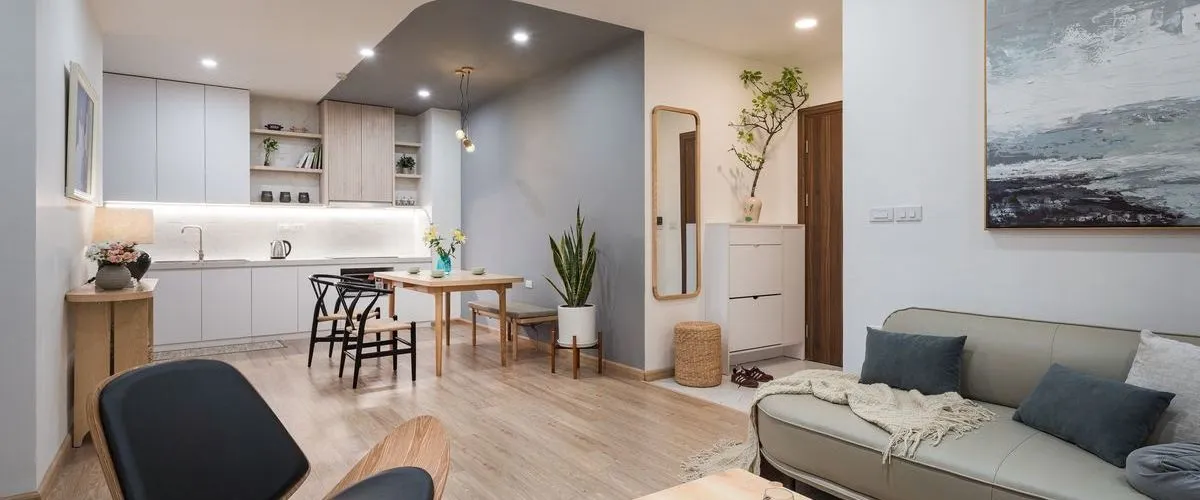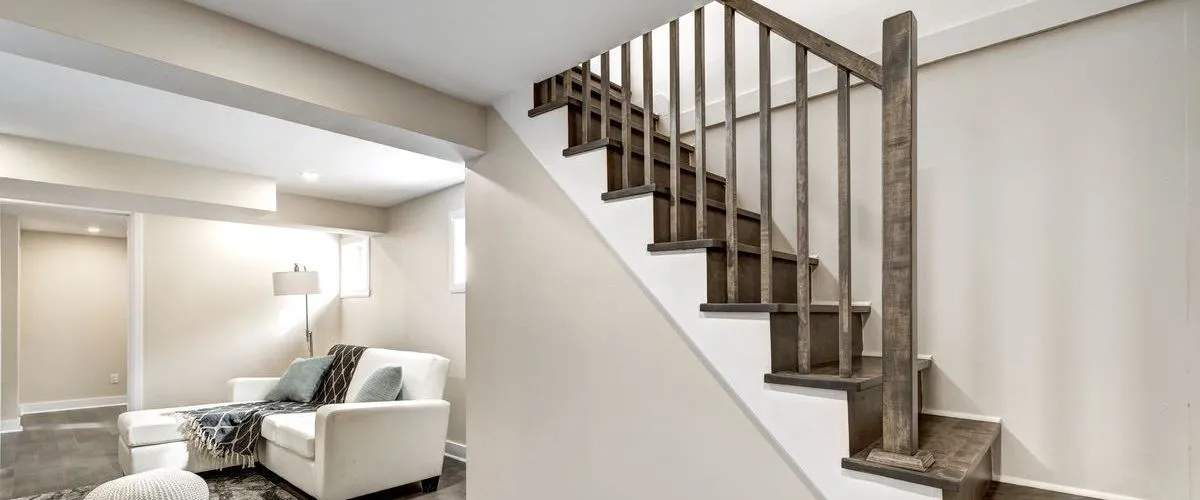Cellar vs. Basement: What's the Difference?
When it comes to home improvements or just understanding your home better, you might hear the terms “cellar” and “basement” thrown around. They might sound similar, but they actually refer to different types of spaces.
Let’s break down what sets them apart and help you decide which is right for your needs.
What’s a Cellar?
A cellar is typically a space located below the main floors of a house, often partially or fully underground. It’s usually used for storing things like wine, food, or other items that benefit from being kept cool. Here are some key features of a cellar:
- Location: Cellars are often built into the ground and may be partially or completely underground.
- Function: Traditionally used for storage. In the past, they were used to keep perishables fresh and for wine aging.
- Access: Cellars often have limited access, sometimes with a steep staircase or a hatch.
What’s a Basement?
A basement is a more versatile space, located under the main floors of a house. Unlike cellars, basements are often designed to be an integral part of the home’s living area. Here’s what you should know about basements:
- Location: Basements are fully or partially below ground, often extending the full footprint of the house.
- Function: Basements can be finished or unfinished. They’re commonly used for living spaces, such as family rooms, extra bedrooms, or home offices.
- Access: Basements usually have easy access from the main living areas of the home, often with standard stairs or an internal entry.

Key Differences
- Purpose: Cellars are mainly for storage and are less likely to be used as living spaces. Basements are designed for more versatile uses, including additional living space.
- Design and Finish: Cellars often have a more utilitarian design, focusing on storage. Basements can be finished to match the style of the rest of the home, with comfortable amenities.
- Accessibility: Cellars might have more challenging access, while basements usually have straightforward access from within the home.
Which One Is Right for You?
Choosing between a cellar and a basement depends on what you need the space for:
- For Storage: If you need a cool, dark space for storing wine or preserving food, a cellar might be perfect.
- For Extra Living Space: If you’re looking to expand your home’s usable area, a basement is likely your best bet. It can be transformed into a family room, office, or even a guest suite.
Common Uses and Ideas
For Cellars:
- Wine Cellar: If you’re a wine enthusiast, a cellar can be a dedicated space to store and age your collection. Consider adding climate control systems to maintain the ideal temperature and humidity.
- Food Storage: Historically used for preserving food, cellars can be equipped with shelving to store canned goods, preserves, or other non-perishable items.
- Root Cellar: For those who enjoy home gardening, a cellar can be an ideal place to store root vegetables like potatoes, carrots, and beets throughout the winter.
- Craft Room: Convert a cellar into a creative space for hobbies like woodworking, sewing, or painting, taking advantage of its cool and spacious environment.
For Basements:
- Home Theater: Transform your basement into a cozy home theater with comfortable seating, a big screen, and soundproofing for an immersive experience.
- Game Room: Set up a game room with a pool table, ping pong, or arcade games. Basements provide ample space for recreation and entertainment.
- Home Gym: Create a personal workout space with gym equipment, a yoga area, and mirrors. Basements are often large enough to accommodate various fitness activities.
- Guest Suite: If you frequently host guests, consider finishing your basement to include a guest bedroom and bathroom, providing a private and comfortable space.
- Office Space: For those working from home, a basement can be converted into a quiet and productive office area, away from the distractions of the main living areas.

FAQs
Make The Right Choice For Your Home
Need help with transforming your basement or adding a cellar? Contact Gigi Homes & Construction at (703) 675-7574 to get started on your home improvement journey!
